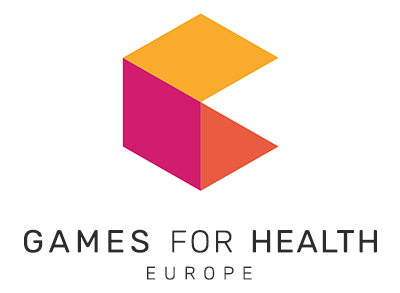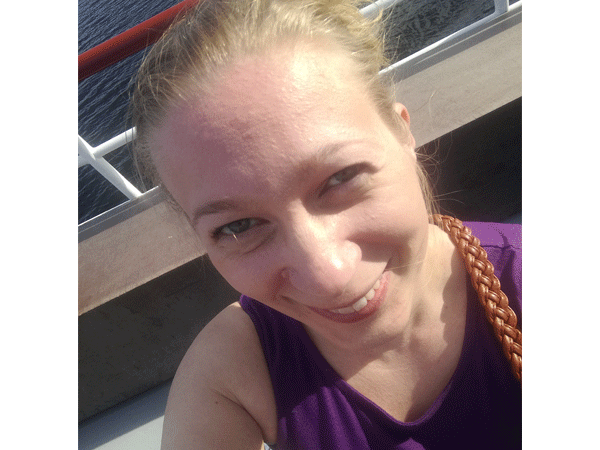Biography
Tiina Arpola M.Sc. (Tech.) is a RDI-advisor at Savonia University of Applied Sciences in the field of Social, Health care and Cultural education. She also coordinates national Games for Health Finland –networks and organizes Game Jams, where health care sector and game industry meets. She has an understanding about measured data, big data, open data, crowdsourcing, AI and applications using all this information and how gamification makes data more valuable. She thinks that gamification offers us meaningful way to understand our life and how what we do influence on it.
PRESENTATION
DIGITAL SERVICES VIA OPEN INNOVATION CHALLENGES CREATE NEW TOOLS FOR YOUTH ORGANISATIONS
Health care sector should be seen as a living lab, a platform, where new, open, agile and user-friendly services are brought to life with a twist of gamification to engage the users. By opening the true needs of the health care sector, its owners or service providers for the Games for Health Finland Challenge offers new prototypes and solutions for health promotion, disease prevention and sustainable healthcare systems.
Mobile devices, applications and services related on location or automatization have been common for young people for years. For long we have been told that we need to develop the digital services also for social and healthcare services, but just recently the work has started, due to national objectives for digitalization. Without new ideas and innovative partners it is hard to create technologies that increase people’s possibilities to act themselves, improve self-care or digitalize the processes between patients and professionals.
Mobile games as well as computer games and console games are a fun way to pass time for adolescence. The current view on gaming is that it is a social, cultural, experiential and interpretative phenomenon. Traditionally professionals in social and health sector are aware of different types of digital games, but primarily see them as harmful. The younger generation of professionals have a more positive and versatile view on the world of gaming. So as the general attitude changes, their own skills in prevention and dealing with problematic playing is getting better.
Collecting information about today’s digital culture and behavior and making this information public, helps us develop new ways to recognize and prevent risk behavior and guide it on a better direction. Co-creating a positive atmosphere together with game developers, gamers, NGO’s and professionals in public social and health sector helps us understand and exploit the digital culture and gamification as a part of our everyday life.

